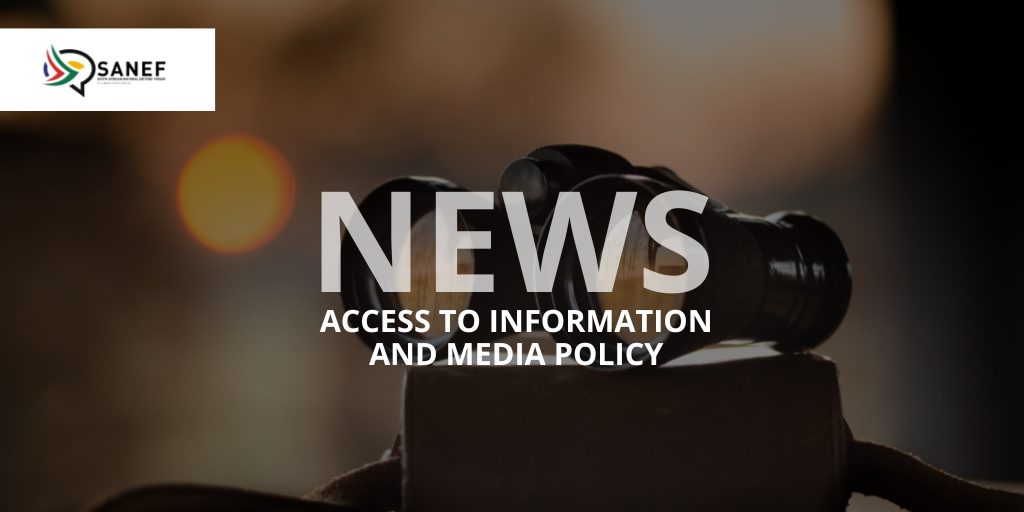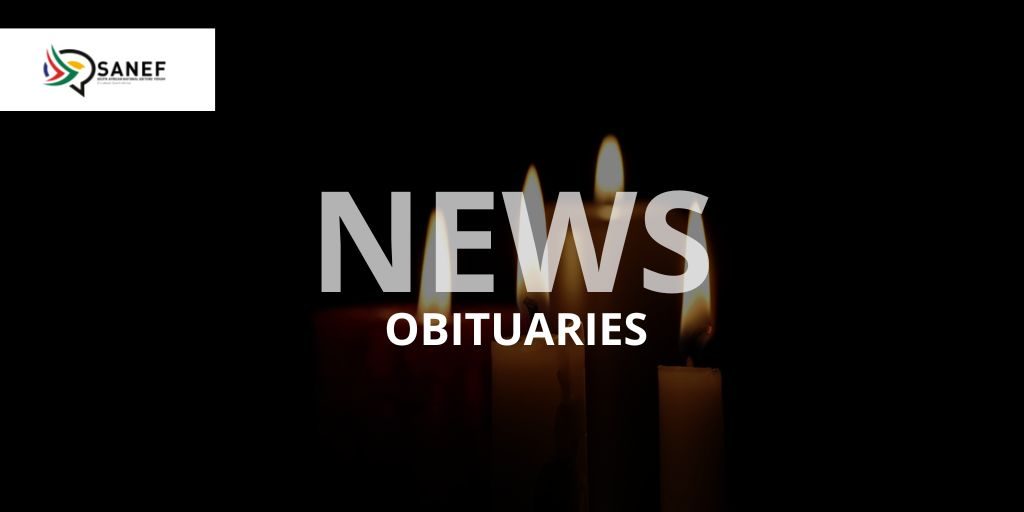Making South Africa’s Promotion of Access to Information Act Fit for Purpose in the Digital Age
nternational Day for Universal Access to Information
The 28th of September 2021 marks the International Day for Universal Access to Information (IDUAI) – as proclaimed by the UN General Assembly in 2019, which then reiterates that the importance of the right of access to information cannot be disputed.
The right gives meaning to the constitutional values of accountability, responsiveness, and openness, and enables the public to seek transparency from both public and private sector actors. It is both an important right, as well as an enabler of the full range of fundamental rights.
However, 21 years after the then ground-breaking enactment of the Promotion of Access to Information Act 2 of 2000 (PAIA), it is apparent that there is an urgent need to reform PAIA to make it useful and effective in the digital era.
As such, the South African National Editors’ Forum (SANEF) and Media Monitoring Africa (MMA), and other likeminded organisations, supported by access to information activists and legal experts, have embarked on a process to draft proposed amendments to PAIA in an effort to ensure that PAIA meaningfully realises the right of access to information in a timely and effective manner. The proposed amendments draw on the work by the South African Human Rights Commission, our courts and civil society actors in identifying the shortcomings and pitfalls that currently exist in the provisions and implementation of PAIA.
Importantly, the proposed amendments also seek to bring PAIA in line with regional human rights standards on access to information, including the work of the African Commission on Human and Peoples’ Rights (ACHPR) through the Declaration of Principles on Freedom of Expression and Access to Information in Africa, the Guidelines on Access to Information and Elections in Africa and the Model Law on Access to Information for Africa.
In the digital era, it is imperative that the right of access to information be fostered, both on- and offline, to safeguard a culture of transparency and accountability in South Africa. It is therefore crucial that all persons in South Africa have meaningful access to the internet and online information, and that disclosures of information are made available through different platforms that render such information readily accessible to the public.
In summary, the proposed amendments have been informed by the following five key principles, which are primacy, maximum disclosure, proactive disclosure, international commitments, and online protections.:
Underlying these principles is a core concern about the efficacy of PAIA in meaningfully realising the right of access to information. In the more than two decades since its enactment, a number of pertinent issues have come to the fore, such as delayed, stifled or incomplete disclosures of information. This cannot be allowed to persist.
It is well-accepted that access to information plays a particularly important role in democratic processes and empowering the electorate to make informed choices. This includes in respect of electing office-bearers, in participating in decision-making and law-making processes, and in holding public and private sector actors accountable for their acts or omissions in the execution of their duties.
As we look to the future of access to information in South Africa, we continue to strive for a society that is underpinned by our constitutional values and democratic governance. While an updated PAIA is one of the instruments through which this can be done, there remains much work ahead before the right of access to information can be meaningfully realised in South Africa.
The work to reform and improve PAIA to be fit for purpose in the digital age has reached an important milestone. After months of work by a team of lawyers to incorporate the principles referred to above, and address problems encountered by members of the Access To Information Network, journalists and others in civil society to use PAIA, a draft PAIA Amendment Bill is now available for review and comment.
PAIA users and experts are encouraged to review the draft bill to make sure that their concerns and proposals to improve PAIA are captured in the proposed amendments. MMA will also arrange consultation opportunities to discuss the proposed changes in the Draft Amendment Bill.
The final step in this civil society driven process will be to hand the draft over to the Information Regulator, the Human Rights Commission and the Department of Justice for consideration and processing by the executive and parliament.
If you would like to submit your comments or get involved in further consultations on the draft PAIA Amendment Bill, send an email to [email protected]
Please check out this link as well:
https://mediamonitoringafrica.org/democracy-governance/paia-reform/
Note to Editors: The South African National Editors’ Forum (SANEF) is a non-profit organisation whose members are editors, senior journalists, and journalism trainers from all areas of the South African media. We are committed to championing South Africa’s hard-won freedom of expression and promoting quality, ethics, and diversity in the South African media. We promote excellence in journalism through fighting for media freedom, writing policy submissions, research and education and training programmes. SANEF is not a union.
For more information please contact:
- Sbu Ngalwa – SANEF Chairperson (073) 404-1415
- Nwabisa Makunga – Treasurer (082) 555-1972
- Mary Papayya – SANEF Media Freedom Chair (082) 379-4957
- Asanda Ngoasheng – Western Cape Convenor – 082 610 9374
- Judy Sandison – SANEF KZN Convenor (082) 571-3334
- Katy Katopodis – SANEF Gauteng Convenor (082) 805-7022
- Chiara Carter – SANEF Eastern Cape Convenor (082) 659-9162
- Reggy Moalusi – SANEF Executive Director – (071) 682-3695
Socials
Twitter: @SAEditorsForum
Email: [email protected]
Website: SANEF




